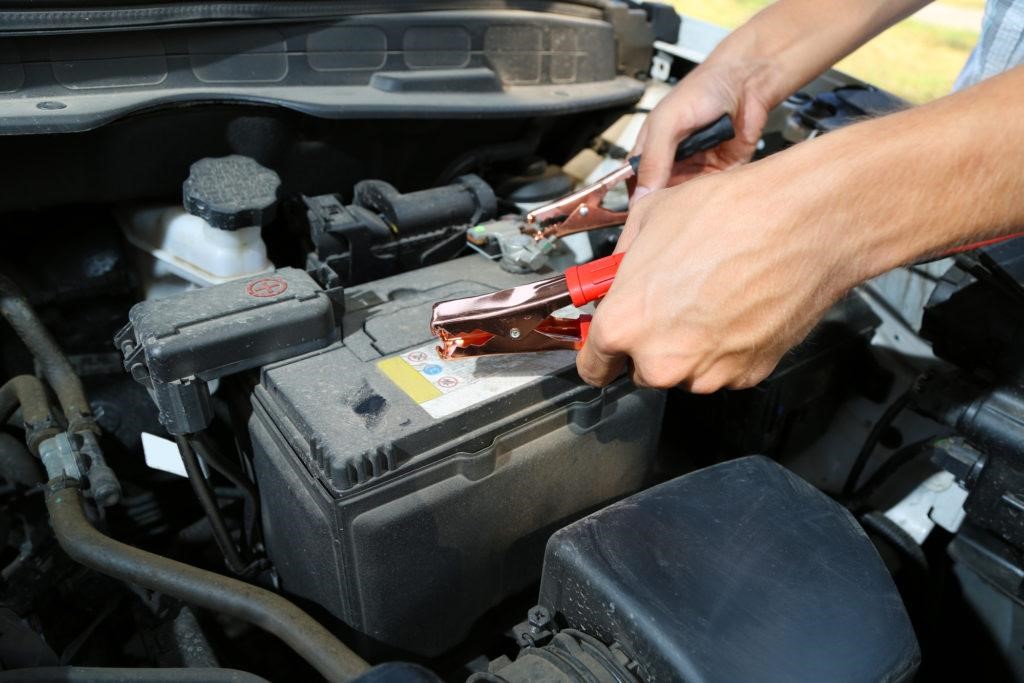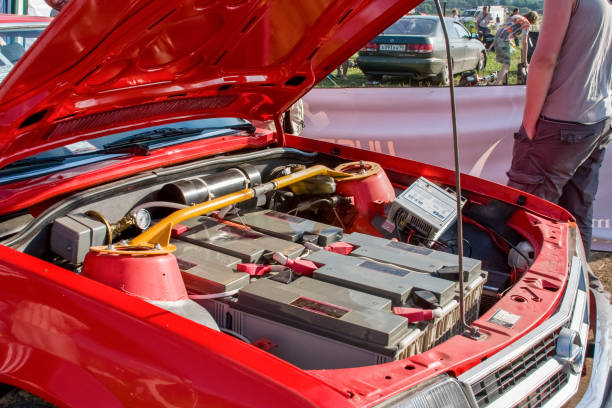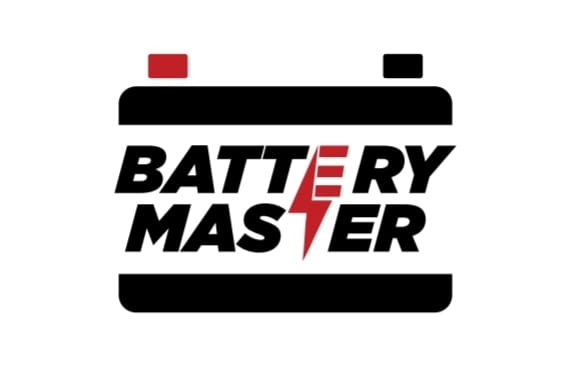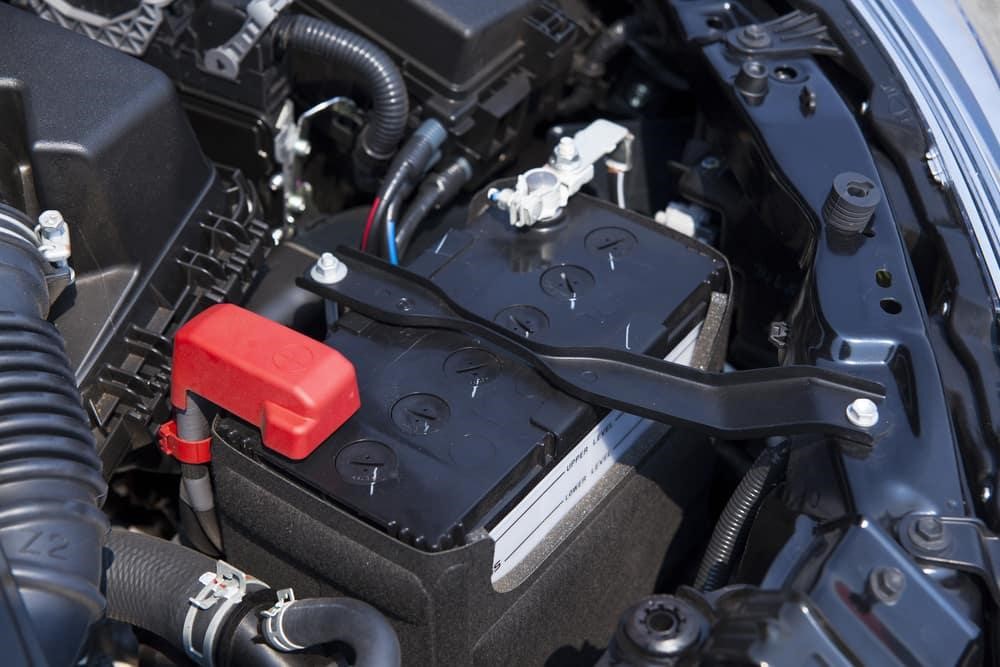Car batteries are key components that need timely maintenance and an appropriate care routine to last several years without any issues. Modern technologies manufacture batteries today, generating higher output while sustaining minimal damage. If you do not check the batteries regularly, you might replace them too often. Many people even miss the most prominent signs… Continue reading How Often to Replace a Car Battery?
- Home
-
- Who we are
- Our products
- Brands
- Battery
- AC Delco Battery
- Amaron Battery
- BMW Genuine Battery
- Energizer Battery
- Exide Battery
- EV Battery
- Mercedes Benz genuine Battery
- Optima Battery
- Solite Battery
- Trojan Battery
- Varta Battery
- Yuasa Battery
- Audi Car Battery
- BMW Car Battery
- Mercedes Benz Battery
- Jeep Car Battery
- Chevrolet Car Battery
- Dodge Car Battery
- Ford Car Battery
- GMC Car Battery
- KIA Car Battery
- Volks Wagen Car Battery
- 2V Battery
- 6V Battery
- 8V Battery
- Hyundai Car Battery
- Mitsubishi Car Battery
- Infinity Car Battery
- Lexus Car Battery
- Nissan Car Battery
- Toyota Car Battery
- 12V Battery
- Amaron Quanta Battery
- Hankook Battery
- Fiamm Battery
- Caterpillar Battery
- Honda Car Battery
- Land Rover Car Battery
- Long Battery
- Mazda Car Battery
- Porsche Car Battery
- Rolls Royce Car Battery
- Volvo Battery
- Duracell Battery
- European Battery
- Global Battery
- Korean Battery
- Marine Boat Battery
- Power Plus Battery
- Rocket Battery
- Sebang Battery
- US Battery
- Scissor Lift Battery
- Truck Battery
- Manlift Battery
- Forklift Battery
- Bus Battery
- Generator Battery
- Marine Battery
- N170 Battery
- N100 Battery
- Challenger Battery
- Incoe Battery
- N150 Battery
- Cadilac Car Battery
- Enersys Battery
- Suzuki Car Battery
- VRLA Battery
- N200 Battery
- Lubricants
- Battery
- Services
- News
- Contact Us
Category: Battery brands
The Ultimate Guide to Choose the Best Car Battery for Your Vehicle

As your car’s performance will significantly depend on the battery, you cannot make any compromises when choosing a new one for replacement. Since several options are available now, finding the correct car battery for your vehicle will not be easy. Instead, you might get utterly confused with all the variables and select a battery with… Continue reading The Ultimate Guide to Choose the Best Car Battery for Your Vehicle
The Power Behind Your Ride: Exploring The Benefits Of A Good Automotive Battery

When we enter the automobile, most consider our cars’ fuel efficiency, tires, and engines. However, until it fails, the car battery is one important neglected component. An essential part of your car is its battery. What it’s really about is providing power to the engine and other electrical systems. In this post, we’ll review the… Continue reading The Power Behind Your Ride: Exploring The Benefits Of A Good Automotive Battery
GET in touch
- Rukn Al Sajaa Auto Spare Parts ,Trading Industrial area 4 ,Sharjah ,United Arab Emirates
Battery Master UAE
GET in touch
- Rukn Al Sajaa Auto Spare Parts ,Trading Industrial area 4 ,Sharjah ,United Arab Emirates



